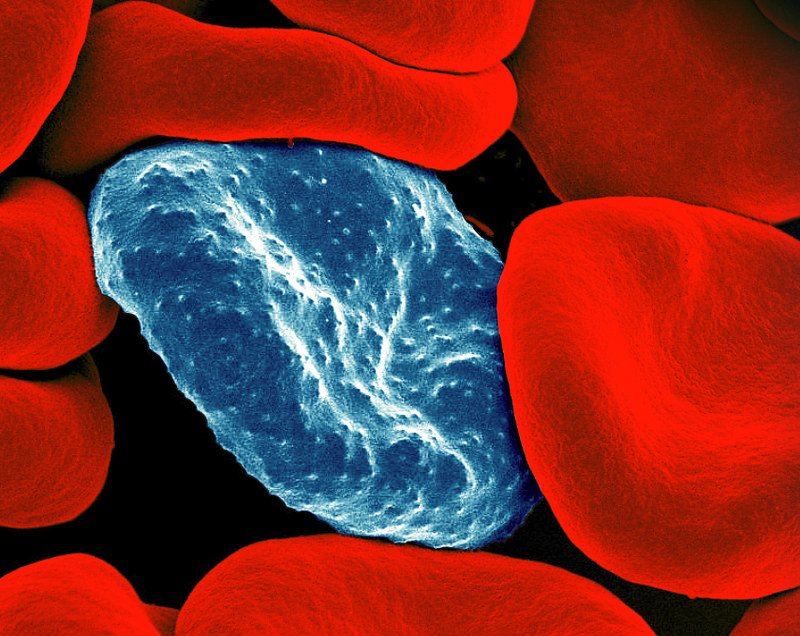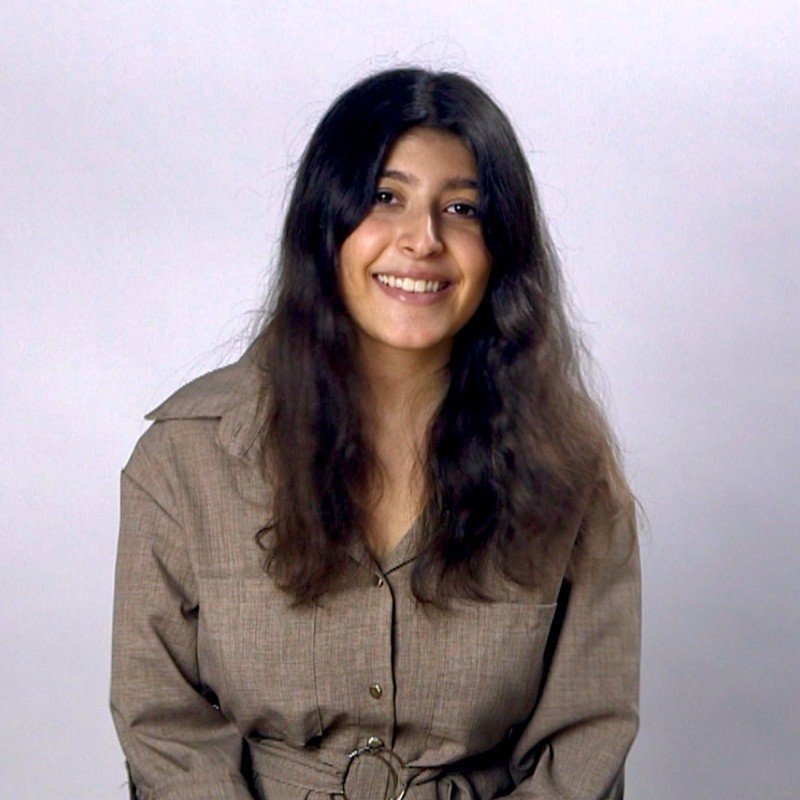Build an Impactful AI Project
What do self-driving cars, Alexa, automatic cancer diagnosis, and ChatGPT have in common? They are driven by modern advances in Artificial Intelligence. AI is poised to transform our economy, homes, cities, healthcare, transportation, agriculture, education, and more.
Inspirit AI Hub students will work collaboratively in small groups to implement a mentor-led socially impactful AI project.
Structure of an AI Scholars Project
Students will implement Computer Vision or Natural Language Processing models using Python and associated AI libraries to build this project. The project will help students understanding the data science pipeline for a real-world problem:
Data Cleaning and Visualization
Building the Initial AI Model
Interpreting Results and Improving the AI Model
Creating and Delivering Final Presentations and Results
Final Day: Students present their project to parents and guests on the final day. Motivated students may build a web application to showcase their project.
“The project I worked on was very eye opening for me because I had the chance to see that racial bias not only existed in the human world, but also in the never ending world of technology. With this newfound passion, I wanted to discover more about AI, and I thank Inspirit for opening a part of me I didn’t know existed.”
— Christina L., Los Altos High School
Featured Student Projects
What do self-driving cars, Alexa, automatic cancer diagnosis, and Face ID have in common? They are driven by modern advances in Artificial Intelligence. AI is poised to transform our economy, homes, cities, healthcare, transportation, agriculture, education, and more. In the second half of the Inspirit AI program, high school students will work in small groups to implement a mentor-led socially impactful AI project.
Bean Plant Disease Diagnosis in Rural Uganda
Developing a low-cost method for diagnosing bean plant diseases to help farmers in rural Uganda.
Malaria Detection
Developing a rapid way to diagnose malaria to reduce the wait time before contracting the disease and receiving potentially life-saving treatment.
Safeguarding Bee Health and Ecosystems
Diagnosing honeybees with varroa virus without disrupting their environment.
Towards Precision Medicine in Colorectal Cancer
Automating the classification of colorectal tissue types to reduce diagnostic variability.
Additional Project Tracks
Safe ChatGPT: Build an Authentic Chatbot
Using NLP to use ChatGPT to build a truthful chatbot and avoid “fake-proofing.”
Developed by:
Phil Bell
Oxford University
AI + Covid-19 Genomics
Improving public health by predicting a SARS-CoV-2 lineage's country of origin using its genome.
Developed by:
Brianna Chrisman
Stanford University
Moneyball: AI, Sports, and Business
Using AI for sports prediction, inspired by the book and movie Moneyball.
Developed by:
Sebastian Bedoya
Caltech
Planet Hunters: Searching for Exoplanets
Using data collected from NASA’s Kepler telescope to train AI to detect exoplanets.
Developed by:
Kaylie Hausknecht
Harvard University
NLP + Algorithmic Trading
Predicting stock market prices using sentiment analysis on Twitter.
Developed by:
David McCowin
Yale University
Object Detection for Self-Driving Cars
Understanding how AI models identify various objects in street images.
Developed by:
Tianwei She
Yale University
Inspirit AI Instructor and MIT Student Varsha Sandadi explains how Artificial Intelligence is transforming various industries and domains.




















